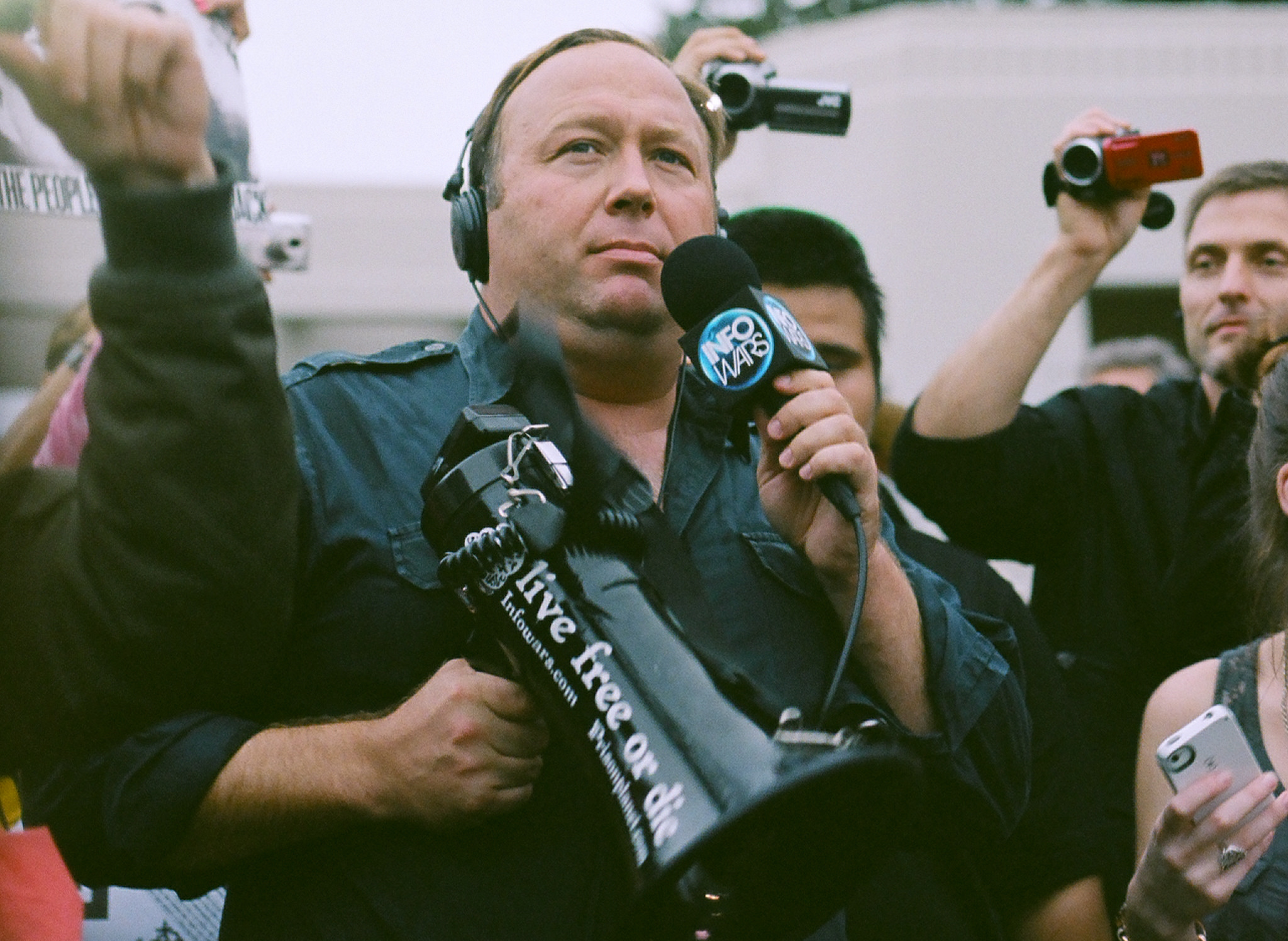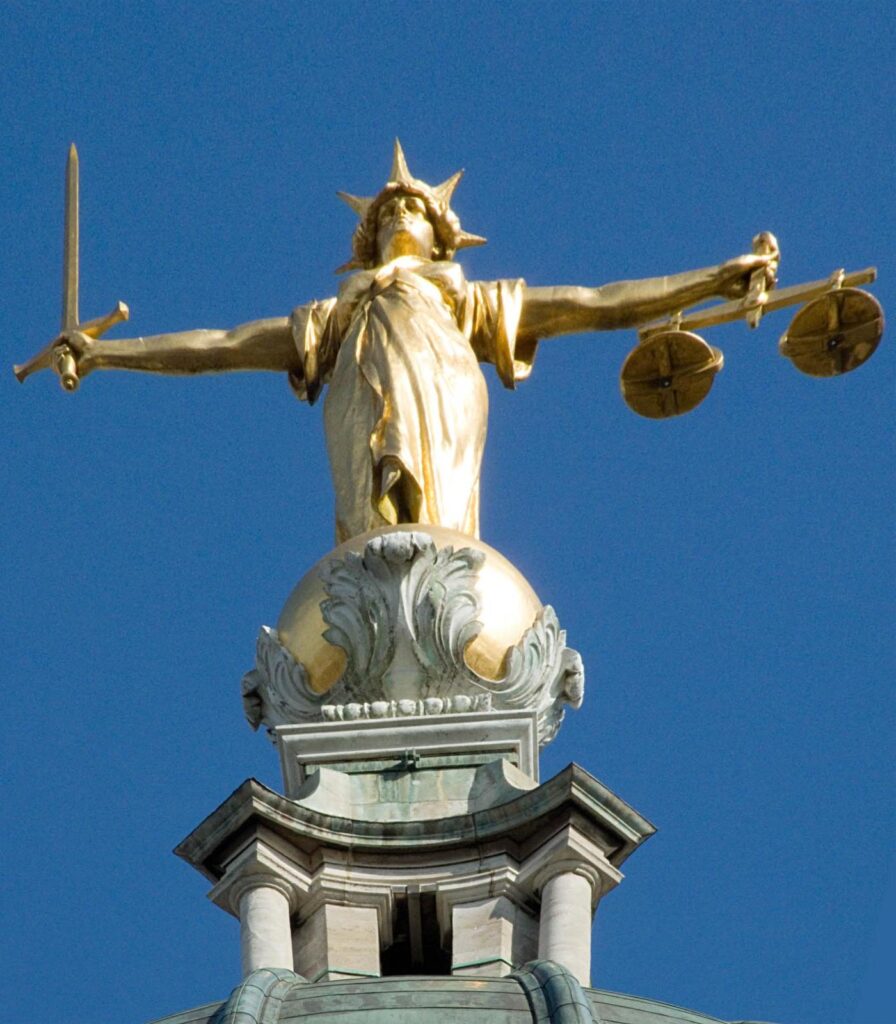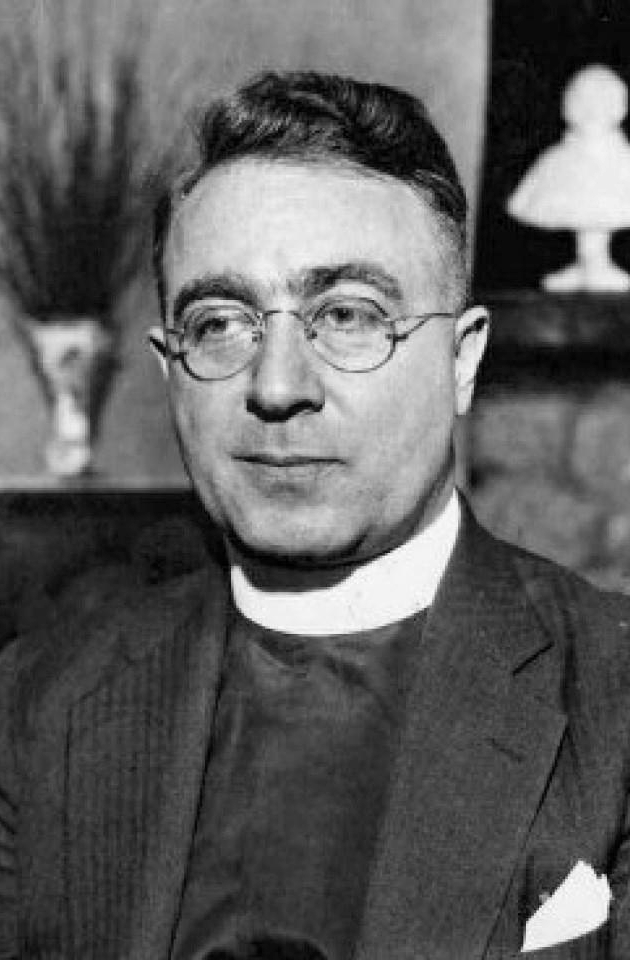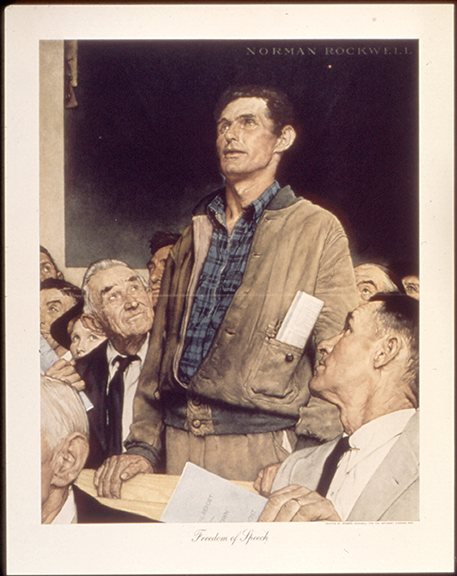According to the Hong Kong Democracy Council, authorities have jailed more than 1,500 political prisoners since 2019, half of whom are under the age of 25. https://www.washingtonpost.com/opinions/2023/07/01/hong-kong-china-crackdown-democracy/
Resources
- Revolutions in Communication: Media History from Gutenberg to the Digital Age -- A companion book and web site also by Prof. Kovarik.
- Free speech Center MTSU blog
- Committee to Protect Journalists
- Electronic Frontier Foundation
- First Amendment Commons
- Freedom Forum First Amendment Center
- First Amendment Coalition
- First Amendment handbook RCFP
- First Amendment News
- Foundation for Individual Rights in Education
- Historic Supreme Court decisions, by topic (Cornell University site)
- MTSU's First Amendment Encyclopedia
- National Association of Broadcasters
- National Freedom of Information Coalition
- News Reporters Legal Handbook, State Bar of Wisconsin
- Reporters Committee for Freedom of the Press
- Reporters Handbook, state bar of Florida
- Reporters Without Borders
- Reuters Foundation Reporters Handbook
- Student Press Law Center
- Washington Post "Constitutional" podcast, especially The First Amendment
Ethics
Blogs








 and calls for marches on Washington. Then, after one particularly virulent address, private media companies close down his channels of communication, prompting consternation from his supporters and calls for a code of conduct to filter out violent rhetoric.
and calls for marches on Washington. Then, after one particularly virulent address, private media companies close down his channels of communication, prompting consternation from his supporters and calls for a code of conduct to filter out violent rhetoric.